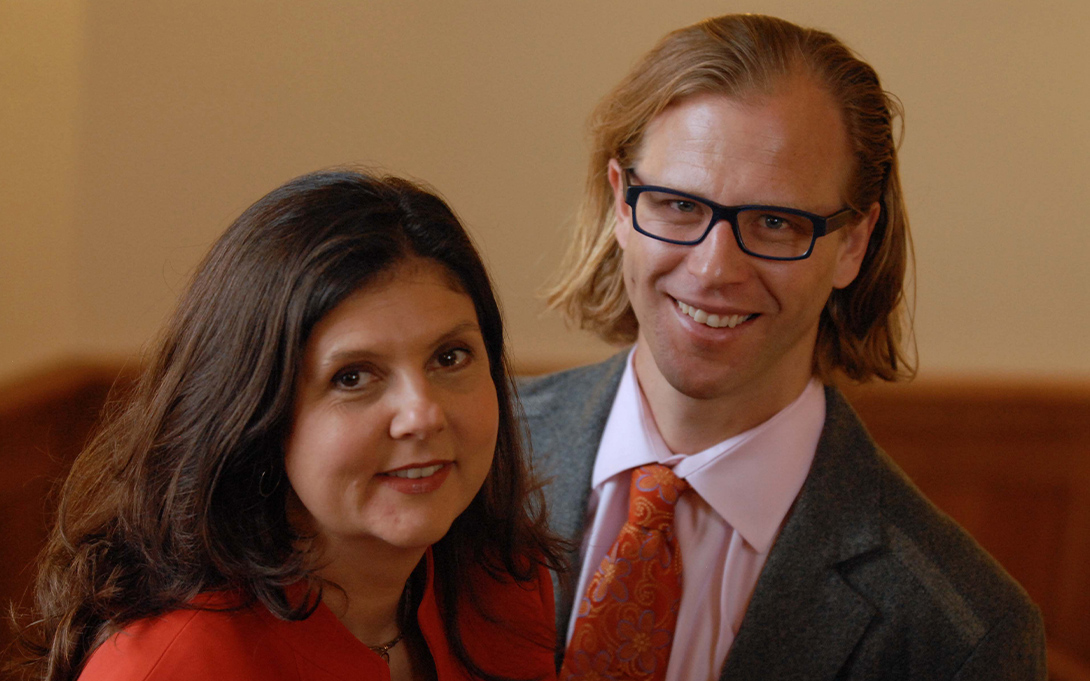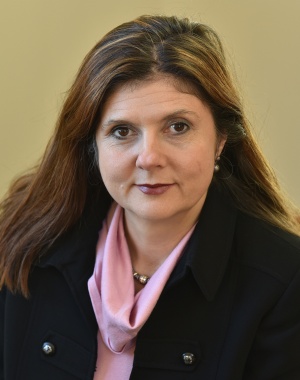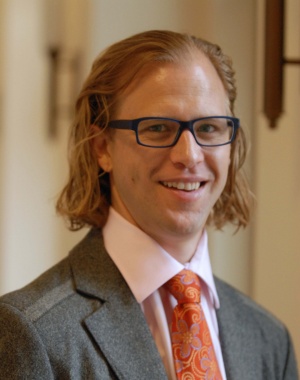
Ford School economics professors Betsey Stevenson and Justin Wolfers shared their “joyous” take on economics in a recent McKinsey Global Institute Forward Thinking podcast.
Here are some excerpts from their wide-ranging discussion:
Betsey Stevenson: Part of what makes me love academia even more, is having actually had to go out there and use it and understand how it works in the world. I think the U.S. model, where we bring people from academia into our policy-making process and then send them back, is actually really healthy for both academia and policy making. I encourage everybody in academia to give it a try. You have expertise. Let's get out there and use it in a real-world way. It’s really invigorating for your research, it's invigorating for your scientific community, and it's invigorating for the policy-making community.
Justin Wolfers: There's never been a more exciting time to be an economist. I think economics has never been more interesting. I think the opportunity for young econ students has never been greater. I think the economy has changed in ways that we're still trying to understand.
And the economics I was taught and privileged, gifted, insight into—it's a joyous economics. And it sees economic forces all around us. It's not your grandfather's economics, it's not the widget factory. It's the decision about how many kids to have, it's what's going to determine the next election, it's whether people are going to turn to crime. It's issues of social policy, it's questions of inequality, of racial justice, of healthcare systems, of financial crises, of pandemics.
Our economics, the economics I get to do, my colleagues at the university when I walk down the hallway, this is just the most exciting water-cooler conversation in the world.
My students, I invite them not to watch the economy, but to understand themselves as economic actors. And once you understand the reach of economic principles, you understand that this small set of ideas can help you decide whether to rent or buy, whether to study for higher education, what career to choose, whether to take out insurance, what your investment strategy is, whether you should go to the gym.
Betsey Stevenson: Economics is just—what's dismal about this “dismal science” is it's dismally behind. And I think we have to turn that on ourselves and say, "Well, why? Why are we behind?" And one of the reasons we're behind is it's been hard for economists to embrace the idea that our language really matters in terms of how people see themselves, whether they think of themselves as being included or not included.
And it includes making the choices that are going to leave you as well-off as possible. That's a very optimistic view of life. Economics helps you live your best life possible. It gives you the tools to systematically make decisions that will leave you, whoever you are, with whatever values you have, making the best choices you possibly can.
Justin Wolfers: The truth is, people are trying the best they can in the circumstances they're in. That's not that different from the sort of mathematical equation that you would write down if you were a fully optimizing, fully rational, forward-looking, perfectly informed consumer. But we can meet you where you are. And we can drop the “assume this” and the “assume that” and talk about people and the world that we're actually in.
They go on to speak about AI, women in the workforce, and the current, gradual reduction in wage inequality.
You can listen to the entire podcast (and read the transcript) here.


